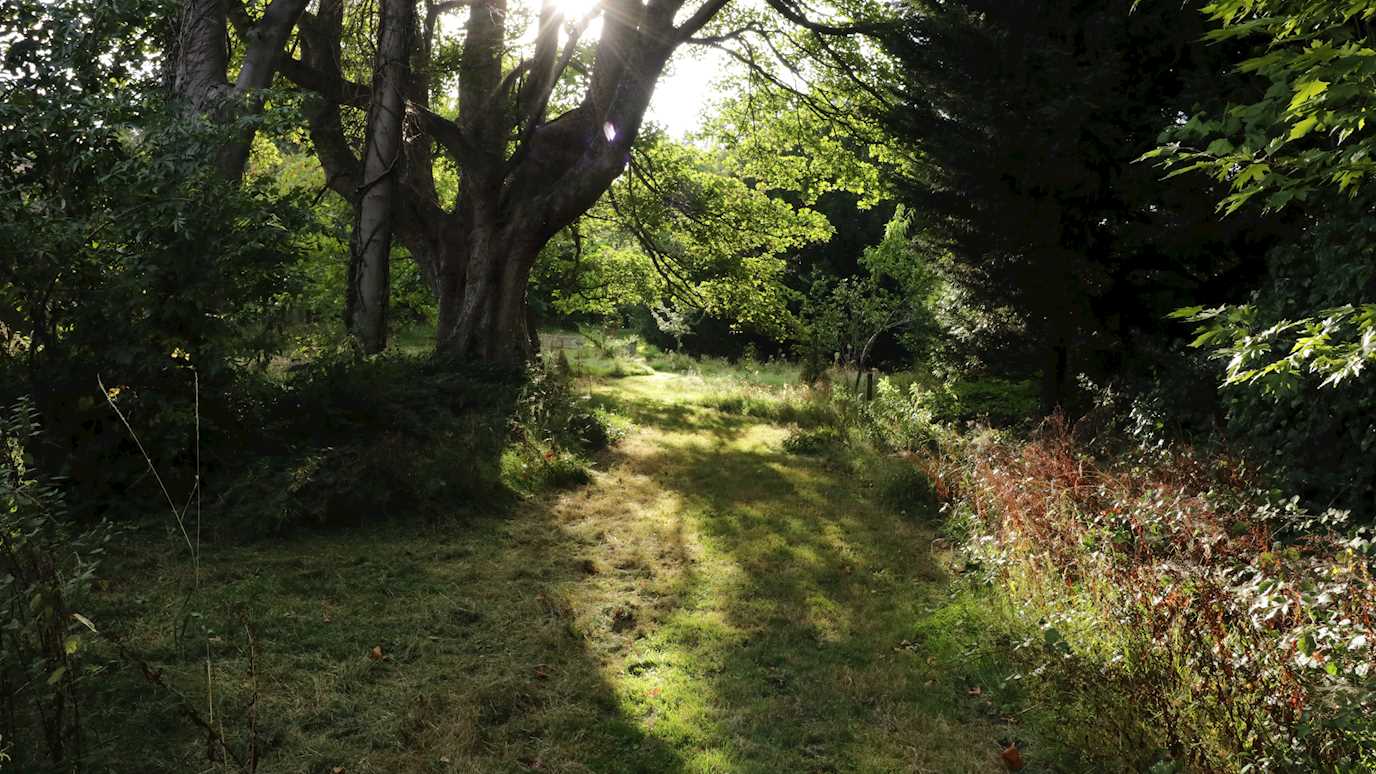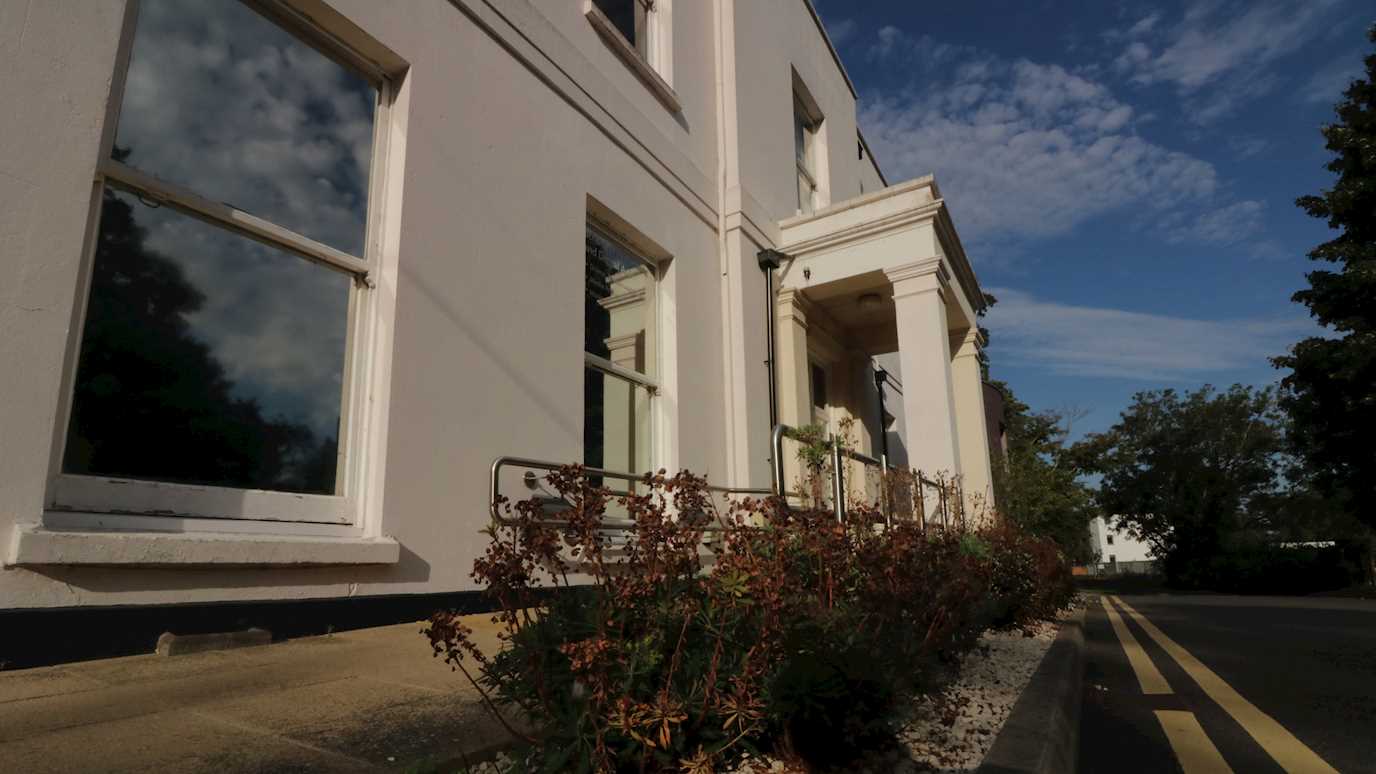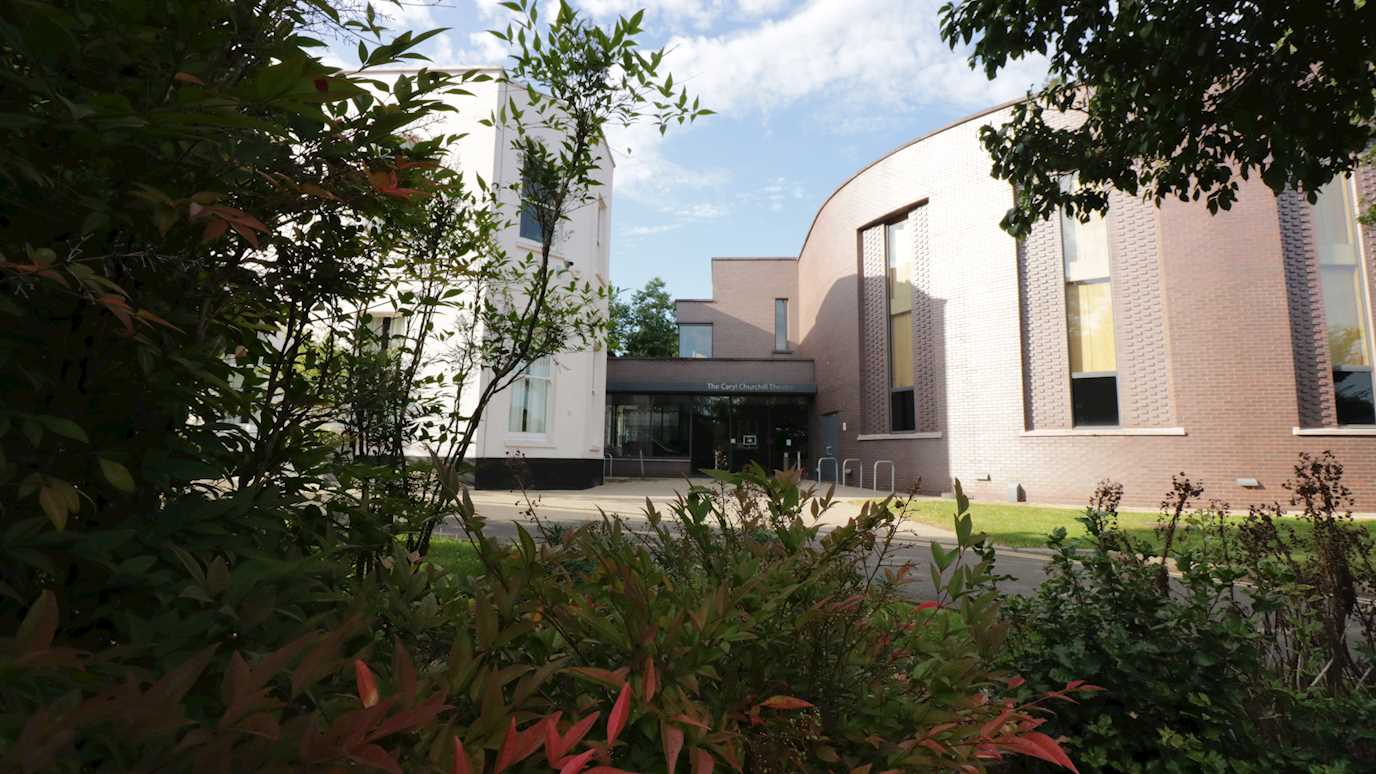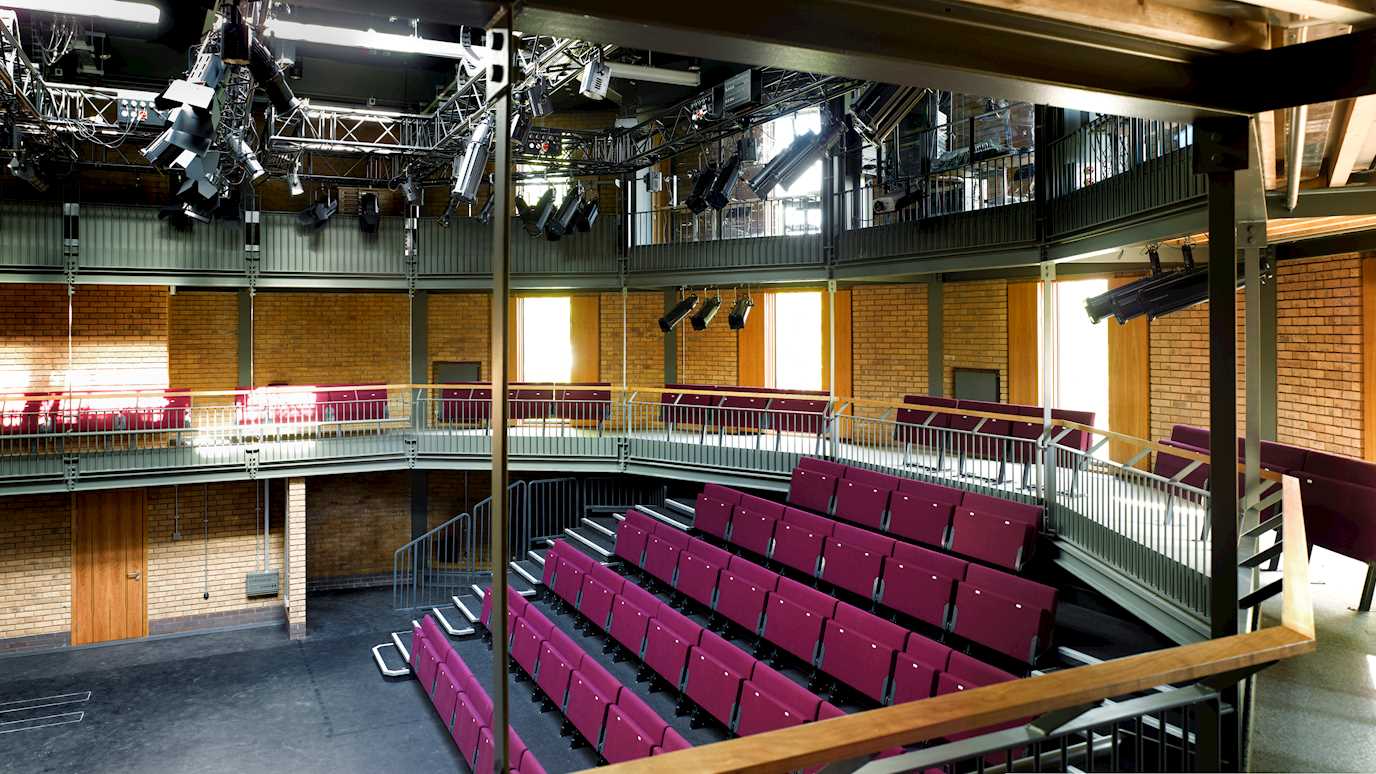Here are some suggestions about how to improve the environmental sustainability of your performance work at Royal Holloway and beyond.
Company
Everyone is encouraged to consult The Theatre Green Book for ideas and resources: https://theatregreenbook.com/
Director
- Try to enthuse the entire company about engaging with sustainability. Work together on identifying sustainable challenges (e.g. glass recycling at Royal Holloway) and collaborate on solutions.
- Allow plenty of time to plan and assess your environmentally aware strategy.
- Consider identifying an environment champion within the company.
- Discuss environmental sustainability from the offset of the project. This will allow for planning and will increase the chances of improving the production’s sustainability.
Design
Allowing plenty of time to plan, assess and realise design will help ensure environmentally sustainable design practice. Try to:
- Use/ repurpose/ upcycle what is already in stock (consult prop inventory). A costume inventory is currently being developed. Consult The Theatre Green Book for details of resources such as Set Exchange: https://set-exchange.com/
- Borrow or hire,
- Buy locally and/ or from charity shops and/ or from flea markets and shops which recycle unbought clothes rather than putting them in landfill,
- Buy online from ethical sources,
- Avoid using non-biodegradable material if possible e.g. glitter, snow, balloons.
Stage Management
- Use rehearsal venues that are accessible by public transport. If company members must travel by car, maximise occupancy and encourage car share.
- Run rehearsals using daylight or under working lights where possible.
- Switch off all equipment when not in use.
- Use digital communications and scripts.
- Encourage company members to bring their own food and drinks – in reusable
- containers and with reusable cutlery – for breaks and in between performances.
- Check company members know where the nearest recycling points are.
- Check company members know where the nearest supply of drinking water is.
- Consider programming an induction session to signpost such facilities.
Performers
- Try to use Keep Cups and reusable bottles.
- Try to bring your own drinks and food, in reusable containers.
- Try to avoid, or challenge, outlets that use a lot of single use plastic packaging.
Scenery
- Create a sustainable pre-production and post-production plan. Look for FSC certification, which ensures wood is from sustainably managed sources.
- Encourage use of and experimentation with sustainable or recycled materials.
- Avoid manmade petroleum-based products, such as single use plastics, or PVC tape. Consider using Velcro, bungee chords and fabric ties. Choose paints that are water-based and have low VOCs (volatile organic compounds).
- Try to source materials and equipment locally.
Costume
- Encourage the use of recycling and upcycling costume pieces, fabric leftovers etc.
- Encourage use of warm – not hot – water for washing costumes, plus use of an eco-friendly detergent. Lighting
- Encourage the use of LED lighting fixtures.
- Leave show lighting off until it is really needed.
- Rechargeable batteries are 32 times less harmful to the environment than disposables, and can save money compared to using disposable batteries regularly. Use rechargeables for portable on-stage equipment and always recycle batteries after use.
Sound
- Switch off all equipment when not in use.
Props
- Encourage recycling and upcycling as much as possible.
Marketing
- Use paperless tickets, flyers etc. Use social media. For contacting staff about productions use email.
- Any printed matter should be printed in an environmentally sustainable way. Identify carbon positive printing companies. Use FSC certified paper, uncoated, recyclable and recycled. Use inks that are VOC and alcohol free.
Everyone
- Try to use package free food.
- Source food locally.
- Avoid straws, sachets etc.
- Dispose of food scraps and waste in Runnymede food caddies where possible (not possible in KWB). This will then be used to generate electricity. For more information: https://www.runnymede.gov.uk/foodwaste
- Keeping food and wood waste out of a landfill will reduce methane emissions.
Environmental Auditing
What gets measured is more likely to be managed...
- Measuring and monitoring energy use – and carbon emissions – is an inexact science (see Mike Berners-Lee’s How Bad are Bananas?) but it will help you identify opportunities for where savings can be made, or new ideas tested. Even small actions – such as unplugging chargers once an item is fully charge – can make a difference.
- Make sure all set, props and costumes are recycled after the show.
Reflection
After the production is over, reflect on how successful you were at promoting sustainability and lessons learnt. Constructive suggestions about how to improve operations should be sent on to the Drama Green Group.
See also
SiPA: The Sustainability in Production Alliance - Ten Easy Win at http://sipa.global/10-easy-wins/
Mentoring opportunities that focus on sustainability:https://www.withoutwalls.uk.com/oc-green-production-lab-2021/
























